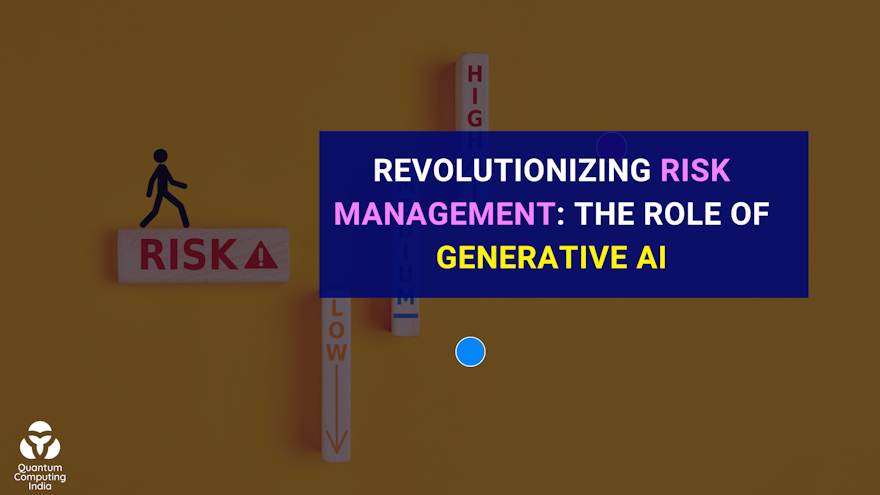The fusion of Generative AI and Finance is a groundbreaking development that is set to transform the finance industry. By leveraging the capabilities of generative AI, the finance sector can undergo a significant transformation, enhancing efficiency, improving customer experience, and revolutionizing risk management. This article explores the transformative power of generative AI in the finance industry and its potential for the future.
The Role of Generative AI in Risk Management
Generative AI, a branch of artificial intelligence, has the ability to create new data instances that resemble the input data. In the realm of finance, this technology can generate realistic financial data, simulate various market scenarios, and create personalized financial products and services.
One of the most impactful applications of generative AI in finance is in risk management. Traditional risk management models often struggle to accurately predict market volatility due to the complex and dynamic nature of financial markets. However, generative AI can create a multitude of potential market scenarios, enabling financial institutions to better understand and manage risk.
Enhancing Customer Experience with Generative AI
In a world where customer experience is a key differentiator, generative AI is empowering financial institutions to deliver personalized and seamless experiences. By analyzing customer data, generative AI can generate insights into customer behavior, preferences, and needs. These insights can then be used to create personalized financial products, services, and communications, enhancing the overall customer experience.
For example, generative AI can be used to create personalized investment portfolios based on a customer's risk tolerance, investment goals, and financial situation. It can also generate personalized financial advice and recommendations, helping customers make informed financial decisions.
Streamlining Compliance with Generative AI
Compliance is a major challenge in the financial services industry. Financial institutions need to comply with a myriad of regulations, which can be time-consuming and costly. Generative AI can streamline the compliance process by automating the generation of compliance reports and identifying potential compliance issues.
Moreover, generative AI can enhance fraud detection by generating realistic fraud scenarios. This can help financial institutions improve their fraud detection models and systems, reducing the risk of financial fraud.
The Future of Generative AI and Finance
The potential of generative AI in finance is immense. As the technology continues to evolve, we can expect to see even more innovative applications of generative AI in the financial services industry. From creating more sophisticated risk management models to delivering hyper-personalized financial services, generative AI is set to transform the financial services industry.
However, the adoption of generative AI in finance is not without challenges. Financial institutions need to address issues related to data privacy, security, and ethics. Moreover, they need to invest in AI talent and infrastructure to effectively implement and leverage generative AI.
Despite these challenges, the benefits of generative AI in finance far outweigh the potential drawbacks. By unlocking the potential of generative AI, financial institutions can gain a competitive edge, improve operational efficiency, and deliver superior customer experiences.

